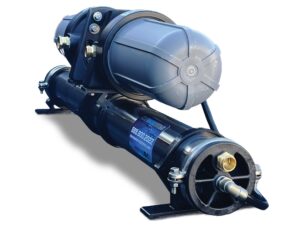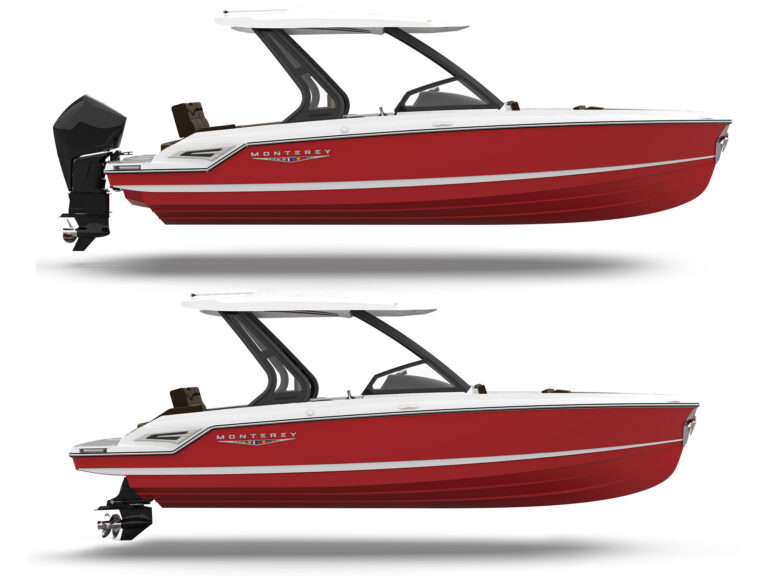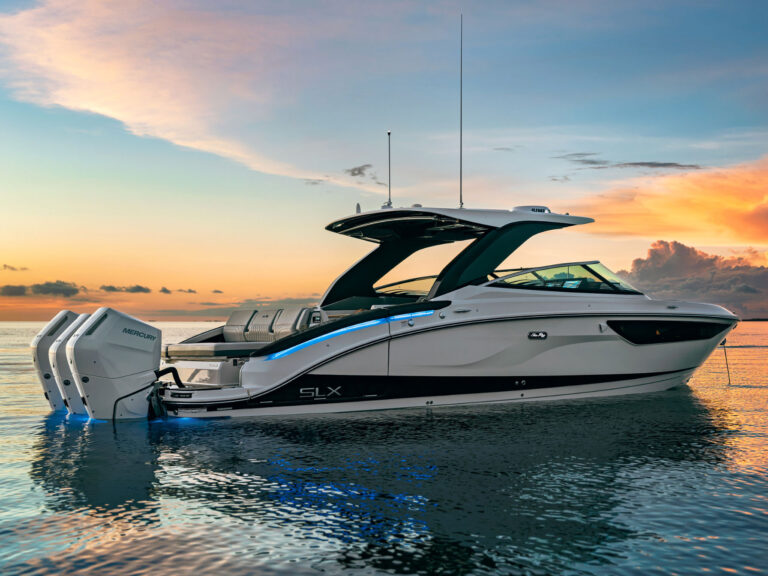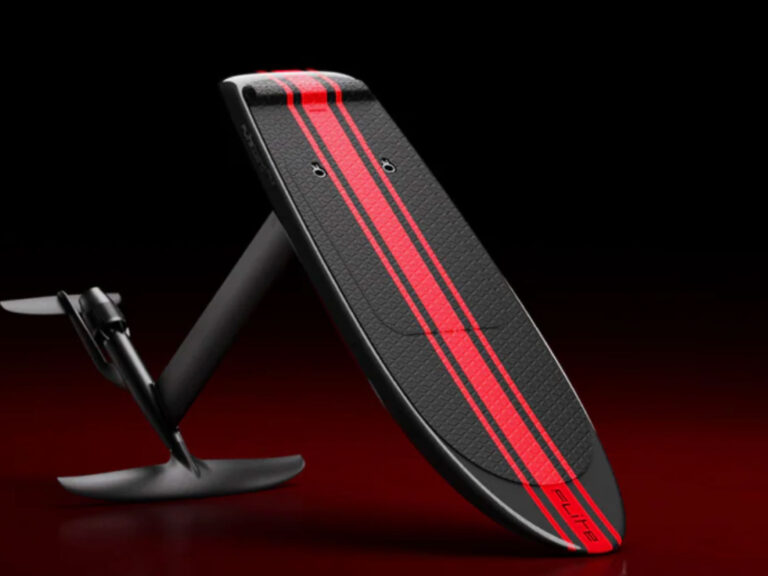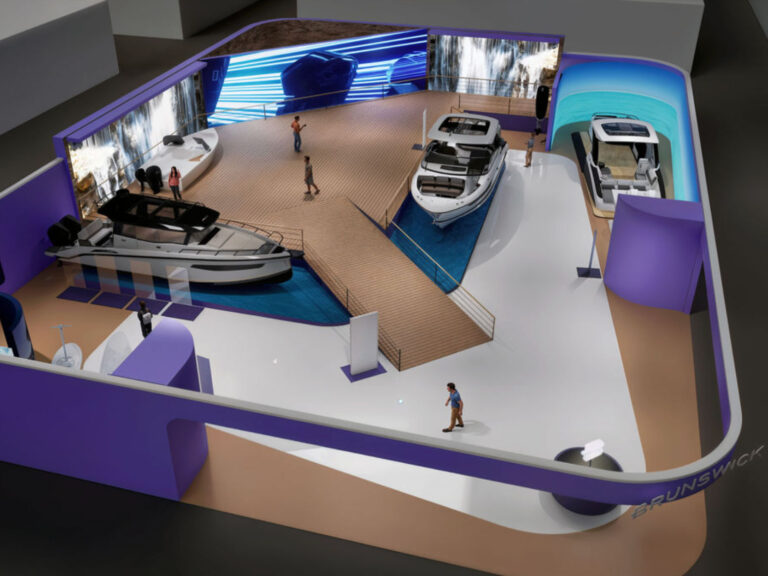
Each year on my birthday (which occurs this month), I schedule a physical exam with the family physician and endure the indignities that go with it.
When you think about it, a vessel safety check (VSC) is like a physical exam for your boat, and the doctor is a U.S. Coast Guard-approved vessel examiner — all volunteer members of the U.S. Coast Guard Auxiliary or U.S. Power Squadrons.
Unlike a physical, a VSC is free. This 15-point exam takes about 20 to 30 minutes and is designed to ensure that boaters have the appropriate safety equipment, it’s in working order, and the skipper knows how to use it, says Harry Jacobs, a 38-year member of the Coast Guard Auxiliary and an approved vessel examiner in Southern California.
“Participation is completely voluntary,” Jacobs says. If your boat passes, it receives a VSC annual decal on the port side of the cabin or console. At the same time, there are no consequences for boats that don’t pass a VSC, but either way, it can be a valuable learning experience.
For example, a VSC aboard my boat once revealed that water had leaked inside the signal flare kit, ruining the flare cartridges, so it didn’t pass. But a week later, the examiner and I met again — this time I had a new flare kit — and my boat passed.
When replacing flares, boaters should look at the expiration dates on the new flares to make sure they are freshly stocked and don’t expire for at least three years.
In addition to VSC requirements, examiners discuss the importance of recommended safety items, such as a VHF radio, anchor and rode, first-aid kit and navigation equipment. Examiners also touch on boater education, accident reporting, weather considerations, fuel management and boat insurance.
Most VSCs take place at popular launch ramps and marinas, and are generally conducted on a first-come, first-served basis. On a busy day you might have to wait. That sounds an awful lot like most of my doctor visits.
Yet unlike most physicians, VSC examiners will make house calls. Trailer boaters can schedule one at their places of residence or anywhere they care to tow their boats. Examiners will also come to your marina to conduct an exam on the spot.
To schedule a VSC at a time and place that’s convenient for both you and the examiner, visit cgaux.org and click on the link for “Get Vessel Safety Check.” The website also offers a self-administered safety check; click on “Virtual Safety Check.”

Failure Analysis
Over 50 percent of boats don’t pass a VSC on the first try, says Harry Jacobs, long-standing Coast Guard Auxiliary member and an approved vessel examiner. Jacobs points to six of the most common reasons for a boat not to pass the 15-point exam.
- No boat registration
- Discharged fire extinguisher
- Malfunctioning navigation lights
- Lack of age-appropriate life jackets (when children are aboard)
- Improper letters/numbers or spacing of the state registration number on the boat
- Expired or insufficient number of signal flares




